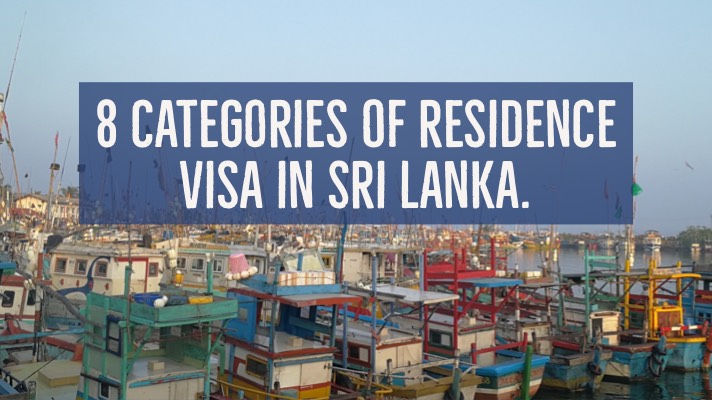Choosing a global PEO will make your expansion journey smooth and hassle free. A global PEO would take care of your employee payroll, labor and HR requirements while employees work for your company. Without an entity, having a global presence not being able to worry about employee and statutory related issues is a big win, but to have all these benefits it is important to select the right PEO for your organisation. A global PEO will not be just another vendor, they will ensure that your employees are paid on time, while having the same comforts and benefits as the employees who work for your company headquarters. Managing all these is crucial and that’s why you need the right partner on-board. Here’s a few questions you need to find answers for before signing up with a PEO
Who are your founders?
It is important to know and understand who the founders are and the purpose of starting the PEO. You need clarity in your answer as you are relying on them to manage your biggest asset, your employees.
Who are the investors and what role do they play in the organisation?
The global PEO needs to be sustainable in the long run, to have steady funds, in terms of capital and cash reserves. You need to be able to rely on them to know that they have the ability to pay your employees by end of the month.
What is the infrastructure of your organisation?
Understanding the infrastructure is important specially to see if they are equipped with an in-house team within location, what their technology platform is and data security, legal standards.
How many partners are deployed across the globe, what is their role?
If Payroll is being outsourced to a partner it is necessary to understand their expertise and the level of responsibility handled by the PEO towards your company.
How do you follow data security requirements?
The global PEO needs to be compliant with laws and governing data in each region they operate in and has to comply with the corporate standards.
Do you use a software to maintain our employee data?
It is important to understand how and where they store employee data and if it aligns with the corporate standards.
Any rewards, recognitions or listings by a third party recently?
Understanding if the PEO is known and recognised recently for their work, where they stand in the market among other players.
Do you have a local reach?
Understand if the PEO has a local office in the country or if they have a regional office or if they operate via partners etc.
What is your process to hire and on-board candidates?
Understand if the PEO is following a standardised process in hiring and on-boarding employees, if the company culture will be communicated effectively to an employee.
Any controls or measures used to pay teams on time?
Ideally a global PEO needs to have a 99% or higher payroll accuracy rate, and needs to pay employees irrespective if the company pays them on time or not.









